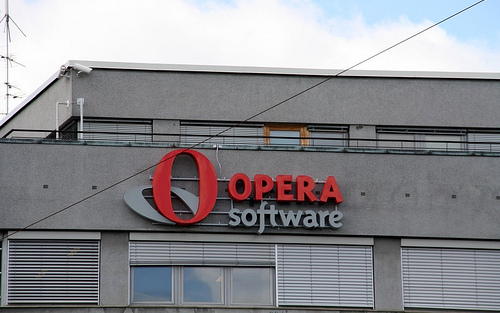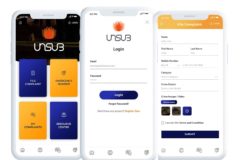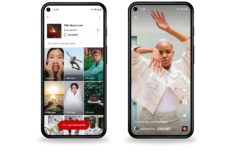The practice of Human Resource Management (commonly referred to as HR) has always been vital to the progress of any company. It is the responsibility of the HR department to handle employee relations, payroll management, hiring and firing, reward systems, change and culture management. HR, in many companies, serves as the bridge between the upper echelon and staffers.
The job of the HR manager has never been an easy one. From hiring and retaining talent, to handling incompetence and rewarding excellence, there is a lot they have to deal with. But with the saving grace of technology, the workload of the HR manager has been significantly reduced. There are now apps that can help with payroll management, remote communication and project management, monitoring leave duration, recruiting and performance management.
Before now, employee appraisals and feedback collation usually required HR managers to invite employees to meetings or call them for one-on-one sessions. HR apps relieve them of this stress, especially in organizations that have hundreds to thousands of employees. Apps that track payroll, time and attendance have gained traction among HR practitioners. Companies by themselves can also review their HR practices and then translate them onto app platforms, by themselves.
Websites like Salesforce offer apps that HR managers can logon to and instantly begin to manage their organization’s affairs from there. The benefits of HR apps goes beyond communication and recruiting as they help to speed up organizational processes and reinforce desired behavior in the organization.
I recently read a book that described how employee performance is not rewarded as accurately as it should. The book posits that employees are either over-rewarded or under-rewarded for their performance. I reckon that organizations that embrace the use of HR apps eliminate this. When employees get less than they deserve, it affects their performance as their work proceeds. If they get more than they deserve, how do you think other employees who are under-rewarded will respond? Situations like these are resolved when there are fixed metrics to rate performance and meaningful contributions, and create proper reward systems to go with them.
So far, HR apps have helped organizations unearth buried hidden treasures in their employees. Michael Papay of Waggl, a California-based company, talks about a tool called ‘waggl’ that they created. The company designed this tool to help them get quick feedback from their workforce. Waggl is optimized for both mobile platforms and desktops. HR apps are also being used for leadership development, talent recruitment based on geography, and employee development.
Photo Credit: Pixel Fantasy via Compfight cc





















